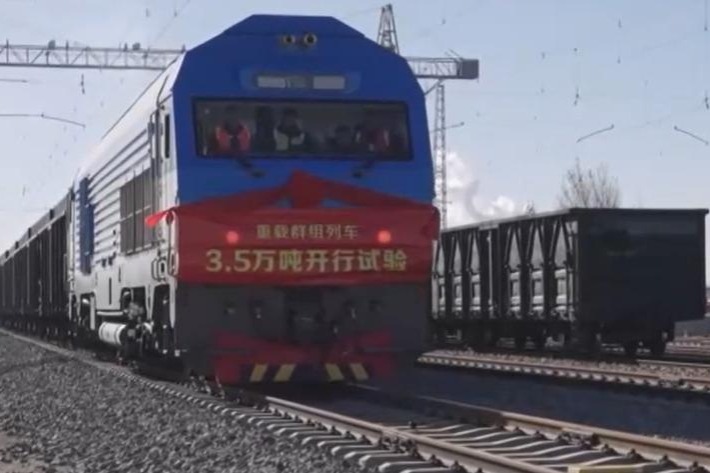Peninsula crisis tops Trump's agenda

President's Asia trip to take place amid war of words between US, DPRK
WASHINGTON - US President Donald Trump will head to Asia on Friday, at a time when growing tensions on the Korean Peninsula show no sign of de-escalating.
Trump is slated to visit five Asian countries during his 11-day visit, and Pyongyang's nuclear program is expected to top his list of topics to be discussed with leaders in China, Japan, the Republic of Korea, Vietnam and the Philippines.
The trip comes amid an ongoing war of words between Trump and Democratic People's Republic of Korea's leader Kim Jong-un, with Trump threatening "fire and fury" against the DPRK if it endangers the United States. Kim has threatened to turn the US into a "sea of fire".
The businessman-turned-president wants to rid the Korean Peninsula of nuclear weapons, and is trying to ratchet up the pressure on the DPRK in a game of brinkmanship that has many leaders on edge.
This comes amid continued missile tests by the DPRK and after Kim's claims that he can hit targets in the US.
Despite the heightened rhetoric, experts said the DPRK will not be letting go of its nuclear weapons program anytime soon.

They said, historically, top leaders of the DPRK - Kim Jong-un, his father Kim Jong-il and grandfather Kim Il-sung - have always been astute geopolitical observers.
The two late leaders saw how Saddam Hussain in Iraq and Muammar Gadhafi in Libya were toppled by the US after getting rid of their nuclear programs, and Kim Jong-un does not want to suffer the same fate. Pyongyang sees nuclear weapons as the only ticket to its survival, many US experts said.
Troy Stangarone, senior director at the Korea Economic Institute, said that the DPRK faces a security dilemma.
"It is surrounded by hostile powers in the ROK, the United States and Japan ... From the DPRK's perspective, in the absence of nuclear weapons it would not be able to secure its survival," he said.
Douglas Paal, the vice-president for studies at the Carnegie Endowment for International Peace, said Trump's rhetoric may "at most introduce caution into the DPRK's testing, for fear of a military response, but is inadequate to address the problem as a whole".
The current tensions beg the question of why previous US presidents failed in their attempts to negotiate with the DPRK over its nuclear program.
Stangarone said there used to be the perception that there was time to resolve the dispute, which lowered the level of urgency of those involved.
There has also been a misunderstanding of the DPRK's objectives by the international community, allowing the DPRK to develop its programs with minimal costs, he said.
Trump has said all possibilities are on the table, including a military one, but Stangarone said there is no certainty that the US would be able to eliminate all of the DPRK's nuclear and missile weapons programs with a preventive attack.
When asked the odds of the US denuclearizing the Korean Peninsula via military means, Paal said: "I hope they are vanishingly low, because the costs of doing so would be prohibitively high."
Xinhua
(China Daily 11/03/2017 page2)
Today's Top News
- Analysts: China not necessarily relying on Nvidia for chips, ecosystem
- Beijing, Berlin eye productive relationship
- Para-games show commitment to inclusion
- HK election hailed as a milestone for democracy
- Mind the financing gap in infrastructure
- Is embodied AI hype or hope?






























